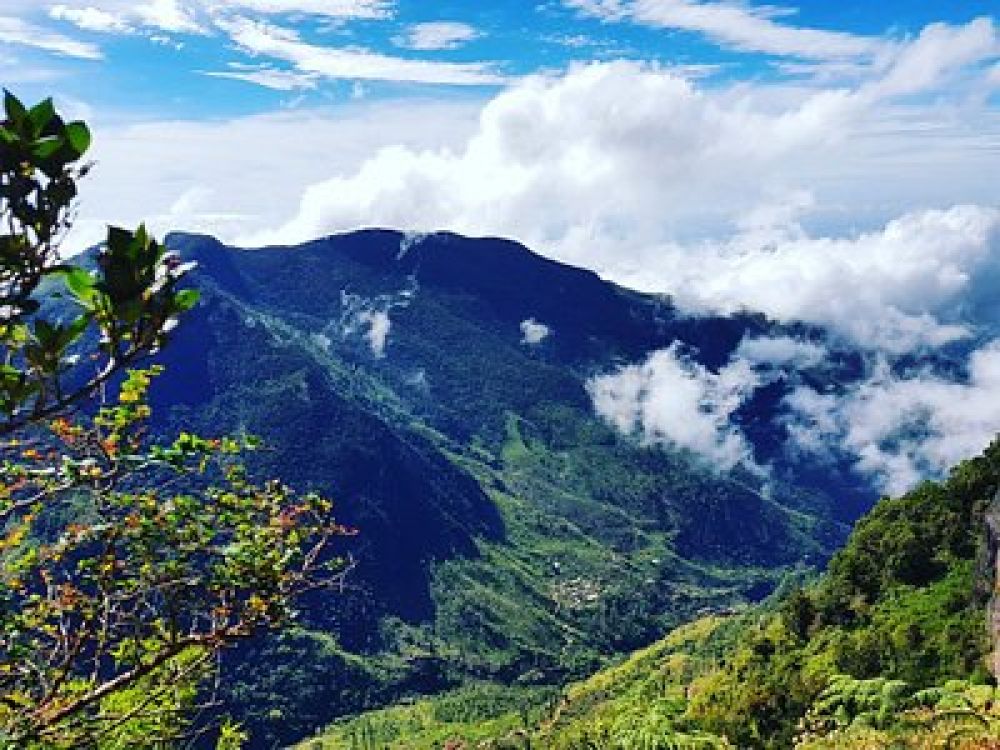

Nuwara Eliya, known as 'Little England' of Sri Lanka, is a captivating hill country town that has drawn visitors from both near and far for decades. Due to its cool climate, verdant landscapes, and colonial charm, it has remained a popular retreat for both local and international tourists.
Its history in tourism can be traced back to the colonial era when British colonial officers discovered the area in the early 19th century. They were enchanted by its cool climate, which provided them with a respite from the tropical heat elsewhere on the island. In 1828, a road was built connecting Kandy to Nuwara Eliya, making it accessible for the first time. Nuwara Eliya soon became a sanctuary for the colonial elite, who established the town as a mock-English village complete with Georgian and Queen Anne style homes, a racecourse, golf course, and lush gardens.
In more recent years, Nuwara Eliya has evolved into a must-visit travel destination renowned for its tea production, featuring extensive tea plantations and factories that offer tours and tastings. The influence of tourism has led to the development of a variety of accommodations ranging from grand colonial-era hotels to modern resorts, catering to a range of tourist preferences and budgets.
Today, tourism in Nuwara Eliya focuses on both its historical legacy and natural attractions. Visitors are drawn to sites like the Hakgala Botanical Gardens, Gregory Lake, and the scenic viewpoints of Lovers' Leap and World's End found in Horton Plains National Park.
Adventure tourism has also seen a rise in popularity, with opportunities for trekking, hiking, and horse riding. The recent trend also leans towards sustainable travel, with an increase in eco-friendly accommodations and practices aimed at preserving the unique biodiversity and landscape of the region.
Visitors interested in the cultural aspect enjoy attractions such as the Pedro Tea Estate and the traditional Nuwara Eliya Post Office, while the town’s colonial past is regularly celebrated with events such as the Nuwara Eliya Horse Races and the flower-filled Nuwara Eliya Festival.
With its mild climate, year-round appeal, and evolving tourist experiences, Nuwara Eliya's rich tourism history continues to pave the way for its future as a jewel in Sri Lanka's hill country.